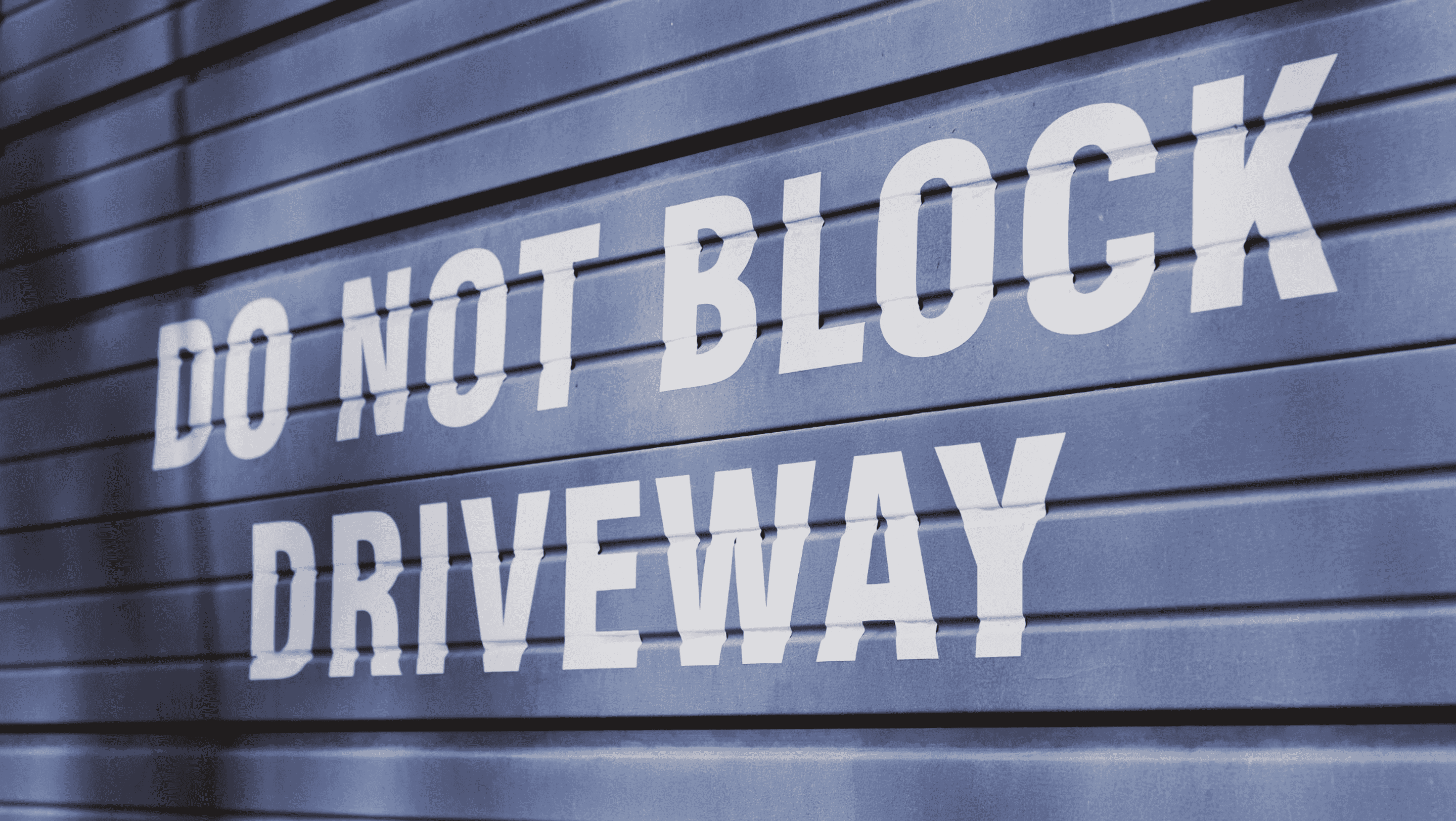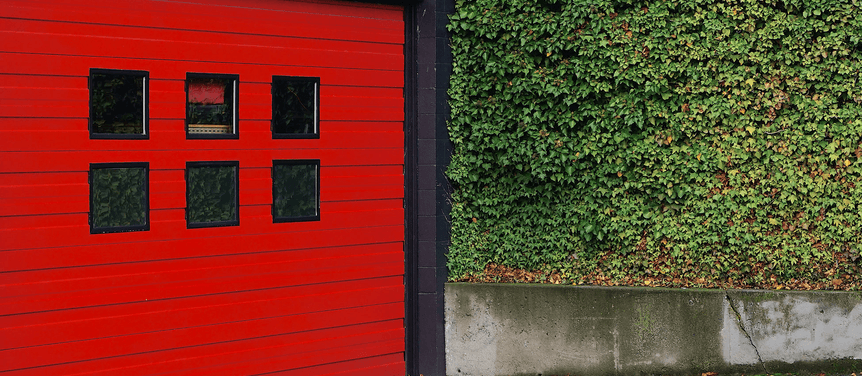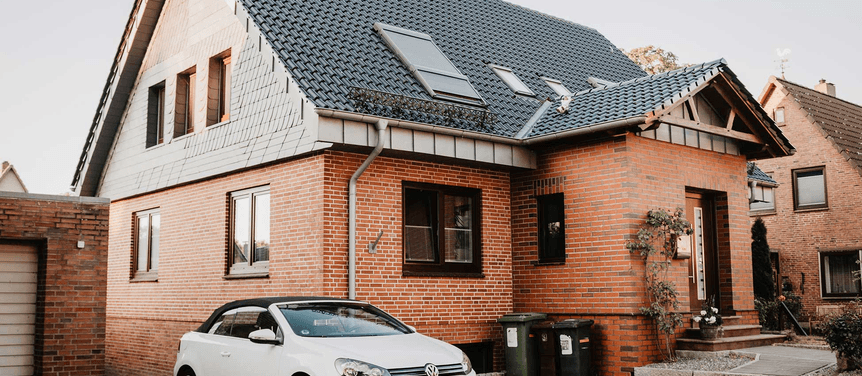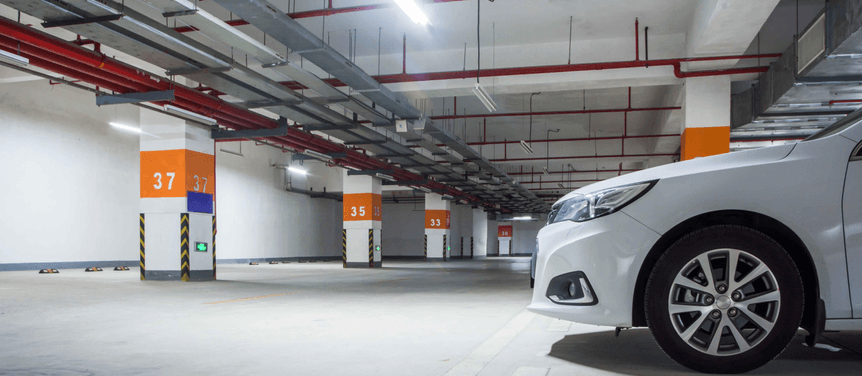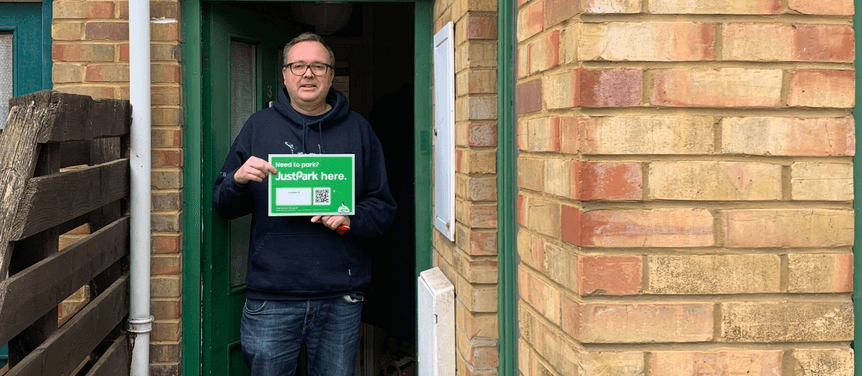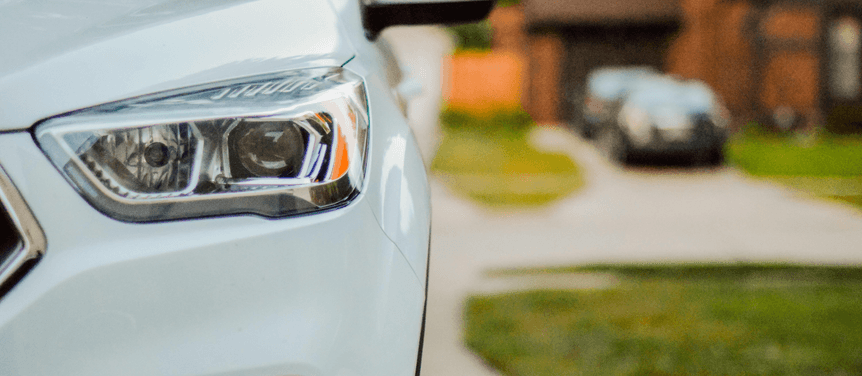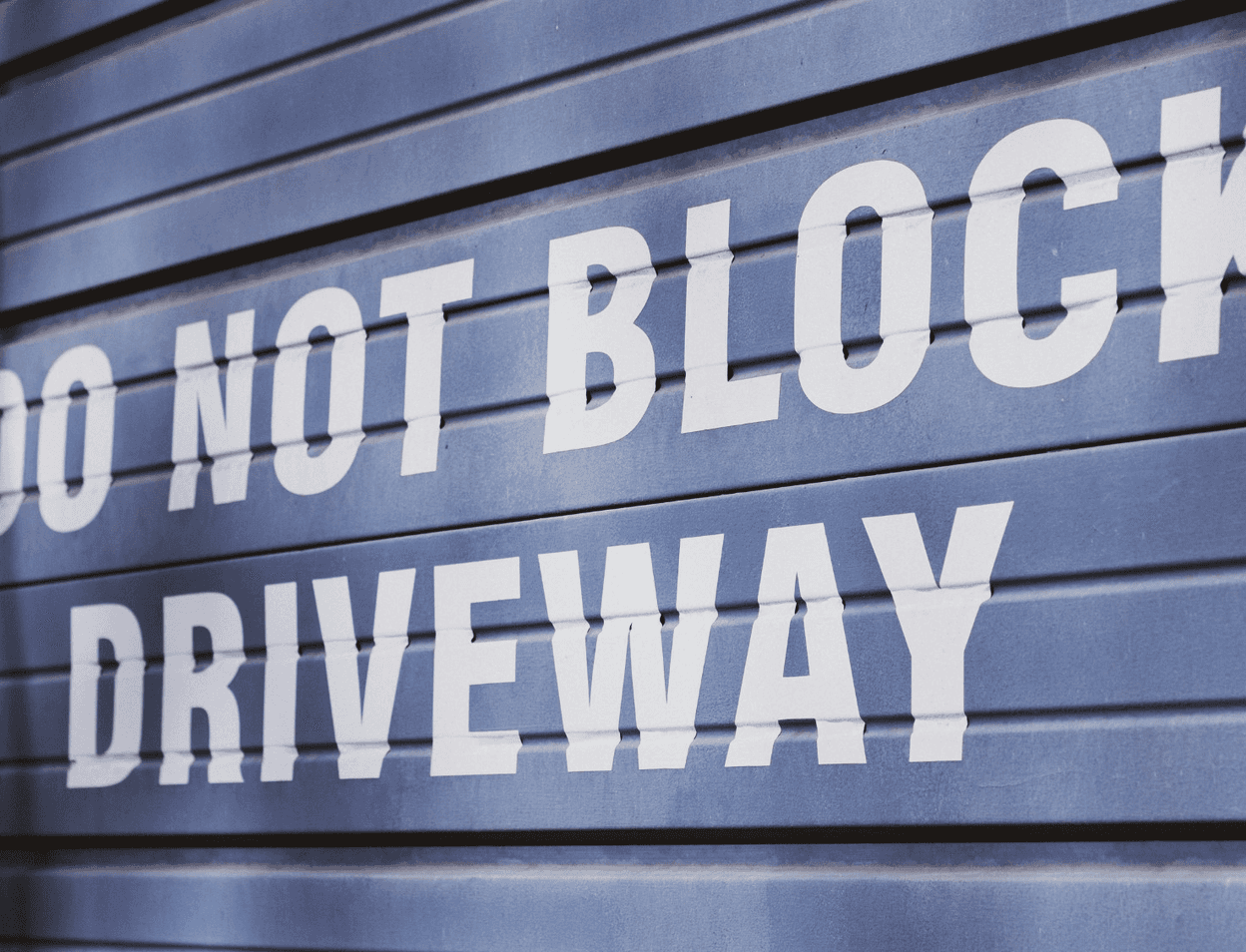
What to do if someone parks illegally on your driveway
By taking control of your driveway space, you can turn an inconvenience into a source of income.
If you live near a stadium, concert venues, or major city centre, you've likely experienced it before: life can get chaotic when an event rolls into town. Streets become congested, noise levels rise—and for some unlucky homeowners, their private driveways become unauthorised parking spaces for event-goers looking to skip the hassle of finding a legitimate space.
If you’ve experienced someone parking in your driveway without your permission, you’re not alone. Here’s what you need to know, and what you can do to protect your property (and even earn from it).
Q: Can someone legally park in my driveway without permission?
A: No—your driveway is private property. Even if it’s not blocked by a gate or signage, no one has the right to use it without your explicit consent. Doing so is considered trespassing, and you are within your rights to take action.
Q: What should I do if I find an unknown vehicle parked in my driveway?
A: Here are the recommended steps:
1. Document the Situation
Take clear photographs of the vehicle, including its number plate and how it is positioned on your property.
Note the time and date for your records. This documentation will be useful if the issue escalates.
2. Approach the Situation Calmly
If the driver is nearby or returning to their car, speak to them kindly and request that they move the vehicle immediately.
Often, people may not realise they're parked illegally, especially if signage is unclear. A respectful conversation can resolve the issue quickly.
3. Report the Vehicle
If the driver refuses to move, or if you cannot locate them, report the issue to your local council or the non-emergency police line.
Be prepared: unfortunately, because it’s private property, authorities may have limited ability to remove the car unless it is causing an obstruction or there’s a repeated pattern of abuse.
4. Consider Private Enforcement
In some areas, you can partner with private parking enforcement firms who can issue tickets or arrange towing (provided you display proper warning signs on your property).
Always check local regulations to ensure compliance with enforcement practices.
I knew this would start to happen @lambeth_council @SteveReedMP The owner of this car has parked in our driveway because she doesn’t want to pay to park. When challenged she just walked away. What can we do @LambethMPS? pic.twitter.com/YtfeXOhFhl
— Catherine Russell (@catherinerusse2) May 13, 2025
What to avoid: Despite the funny yet ill-advised advice from users on the post above from a frustrated resident in Lambeth, make sure you don't do anything that could get you into trouble in this situation. Always give the driver the benefit of the doubt.
Q: Can I charge someone for parking in my driveway?
A: Not retroactively—but you can take a proactive approach. If you anticipate high parking demand during events, consider listing your driveway on JustPark. This way:
You gain control over who parks in your space.
You can earn income from your property.
You reduce the risk of unauthorised parking, since your space will be clearly marked as reserved.
In the case that someone is already in your driveway and unwilling to move, kindly let them know the space is listed on JustPark and offer them the option to pay the current rate. While they’re not obliged, many people would prefer to pay a small fee rather than risk being reported or towed.
Q: How can JustPark help residents in busy residential zones?
A: JustPark empowers homeowners by:
Helping them monetise unused driveways during busy periods.
Providing visibility and legitimacy through bookings and digital signage.
Reducing parking chaos in local communities by making better use of underutilised spaces.
Listing your space takes just a few minutes, and you can choose exactly when it’s available—perfect if you only want to open it up during high-traffic times like football matches or gigs.
Q: What can I do to prevent this from happening again?
A: Consider these preventative measures:
Put up signage indicating that your driveway is private and monitored.
Install a physical barrier, like a retractable bollard or chain, to block unauthorised access.
Use JustPark’s platform to display “Reserved” signage during bookings and help deter opportunistic parkers.
